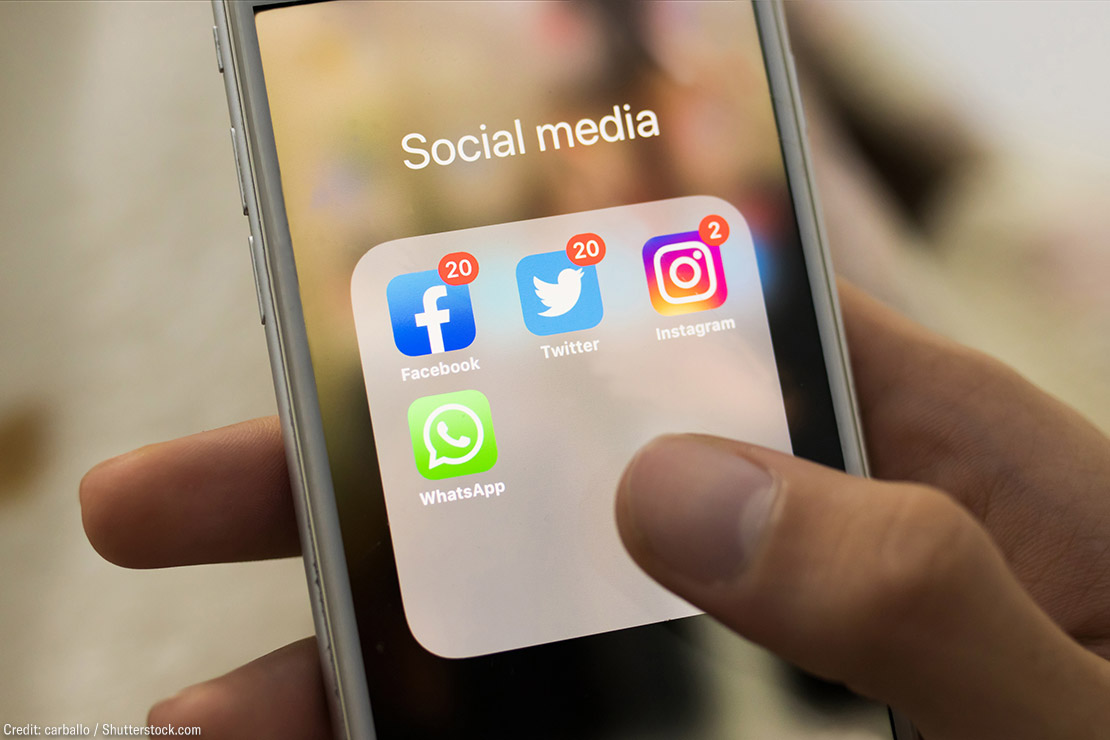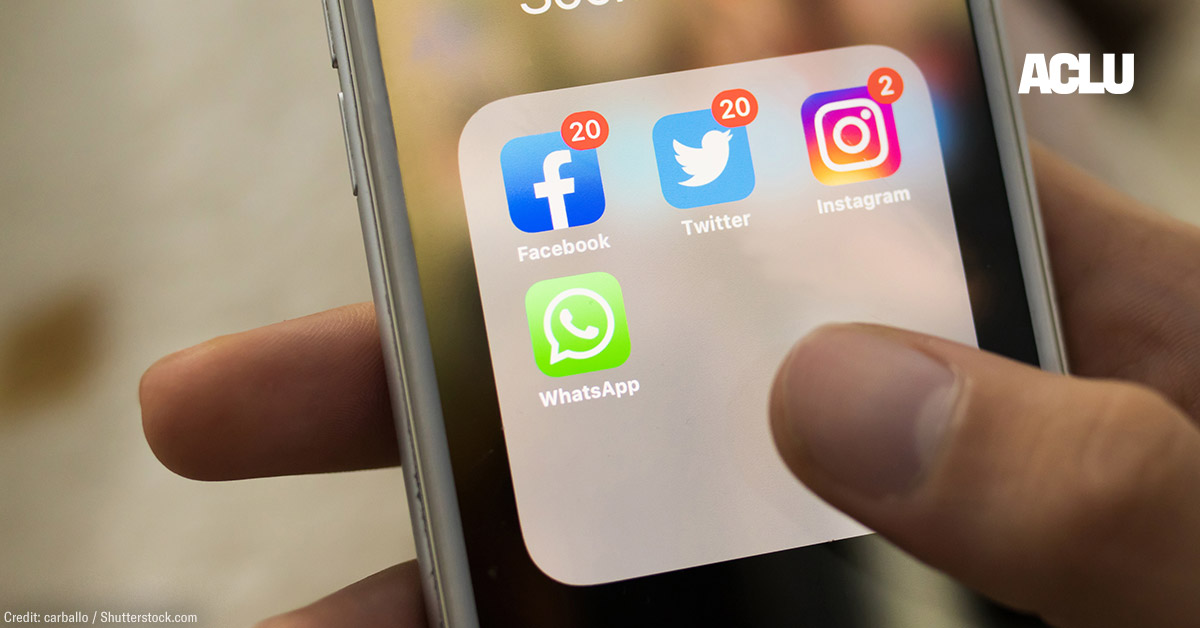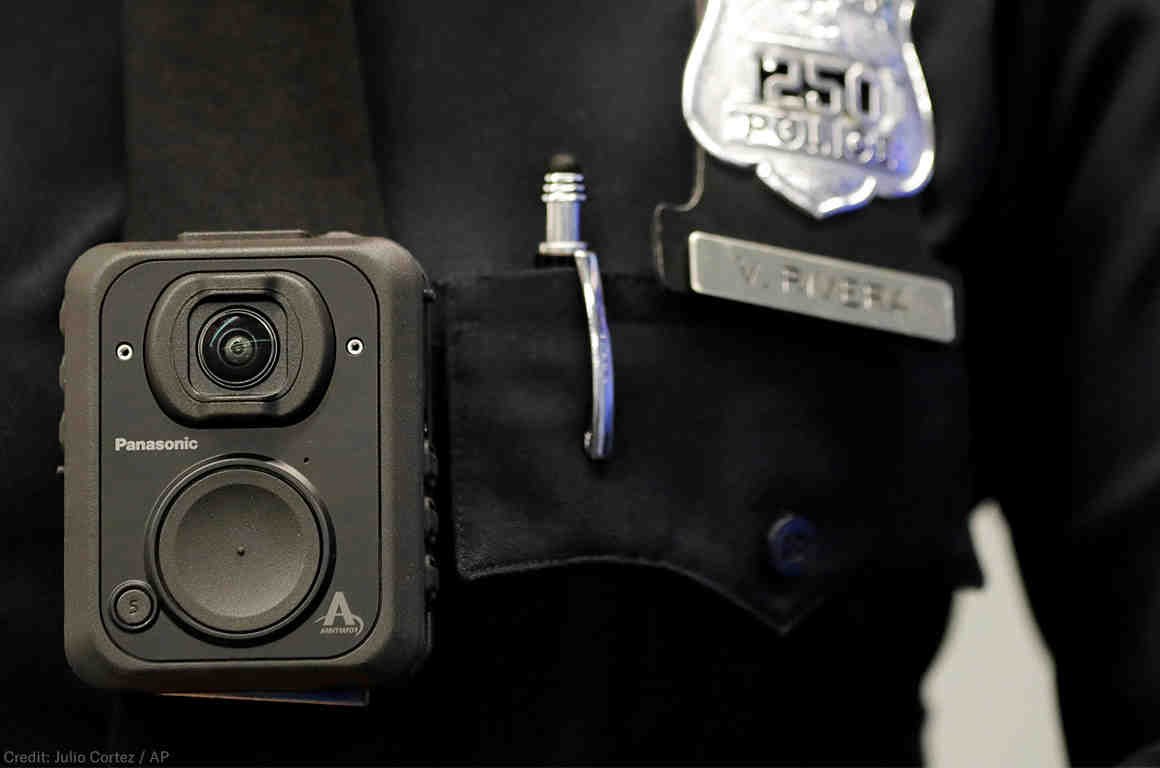Congress on Wednesday will examine a little-known law that has made the internet the space for self-expression and connection that it is today. The law, Section 230 of the Communications Decency Act (CDA 230), is one of the most speech protective laws Congress has ever enacted and it is now under threat.
The internet today provides us an indispensable platform to communicate freely with others who might otherwise be beyond reach. One person with an idea or a desire to create change can reach millions. April Reign coined the hashtag #OscarsSoWhite in 2015 and spawned an online movement drawing attention to the lack of representation of people of color in the nominated films.
https://twitter.com/ReignOfApril/statuses/555725291512168448
Like Reign, people around the world are leveraging the internet to fight back against anything from systemic racism to the tactics of oppressive regimes. And the benefits can be personal too — new parents needing advice on a stroller can turn to online parent message boards, home gardeners seeking lawn care tips can turn to DIY gardening blogs, and more.
This is possible because so many online forums enable speakers to communicate freely on their platforms. Wikipedia provides a free online encyclopedia in scores of languages, thanks to volunteers around the world. Yelp lets us give recommendations on anything from restaurants to nail salons. Consumer watchdog sites encourage the public to submit reports of corporate malfeasance. Environmental activists at sites like Frack Check WV ask citizens to submit horror stories about fracking in their communities. The Bed Bug Registry asks users to report bed bug infestations. And then, of course, there are Facebook and Twitter.
CDA 230 makes communication on these platforms possible by assuring online platforms that they generally won’t be liable for user-generated content. Yelp can’t be held legally responsible every time one of its users posts a potentially false negative review. The Bed Bug Registry doesn’t have to visit every hotel with a magnifying glass to confirm the public reports. And Facebook can offer a forum for billions of users to share their thoughts, pictures, memes, and videos freely without having to approve every post before it goes up.
If it weren’t for CDA 230, no website owner would permit public posts knowing that the site could be investigated, shut down, sued, or charged with a felony over one user’s speech. Avoiding legal risk would require even the smallest blog to hire an army of lawyers to assess in real-time all content created and uploaded by users. It’s unaffordable. Instead, sites would avoid legal liability by simply refusing to host user-generated content at all.
Of course, users make mistakes. We get facts wrong. We can be terrible to one another in ways that break the law, offend, or hurt. Bad actors can — and do — abuse the internet for nefarious and destructive purposes. But there are already safeguards in place to address harmful content not protected under the First Amendment, and Section 230 does not shield bad actors or lawbreakers. If you use Facebook to harass someone (please, don’t do that), you remain responsible for those actions.
CDA 230 also doesn’t stop online platforms from trying to cultivate orderly, pleasant, and useful sites. While the biggest social media companies, responsible for hosting the speech of billions, should resist calls to censor lawful speech, CDA 230 allows sites to delete abusive accounts, remove content that violates the site’s terms of service, or refuse to carry pornography without risking liability for the speech that they do host.
Despite these safeguards, the obvious good CDA 230 has done in creating a free, vibrant forum for speech in the modern era, and the clear harm that would result for the speech of billions should it no longer exist, some lawmakers are considering rolling the law’s protections back in ways that are poorly informed and even dangerous. One lawmaker has introduced a bill that would require a federal agency to decide whether a platform complies with a “political neutrality” requirement as a precondition for immunity. Others have proposed revoking platforms’ immunity when moderating “objectionable” content while retaining immunity for moderating “unlawful content” in good faith.
Setting aside the obvious constitutional problems with a government entity judging the political content of speech, or dictating the censorship decisions of online platforms, these proposals would make it far less palatable for online services to host others’ speech at all. If enacted, the internet’s marketplace of ideas — and our freedom to communicate online — would suffer.
The ACLU has continued to fight for Section 230 to protect people’s ability to create and communicate online. We have encouraged courts to interpret the law’s immunity provisions to enable as much free expression online as possible under U.S. law. We will remain vigilant in ensuring that the internet remains a place for self-expression and creation for all. We urge Members of Congress as they examine CDA 230’s role in the free expression to do the same.
Kate Ruane, Senior Legislative Counsel, ACLU &
Jennifer Stisa Granick, Surveillance and Cybersecurity Counsel, ACLU
Date
Tuesday, October 15, 2019 - 8:30pmFeatured image


